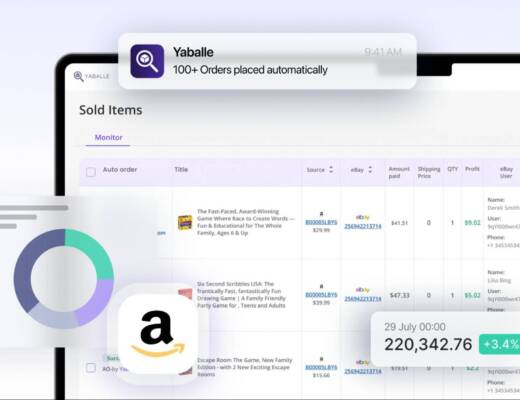For businesses, payment retrieval has long been a drawn-out process. Customers ignore invoices, hesitate to enter card details, and often abandon transactions before completion. Whether it’s waiting for bill payments, dealing with long checkout processes, or struggling with outdated point-of-sale systems, companies face constant obstacles to capturing revenue efficiently. Chris Brunner saw this problem early, believing in a future where payments were instant, seamless, and required as few steps as possible. His company, Authvia, has built a solution designed for this new reality. Its TXT2PAY® platform embeds payments directly into everyday conversations through SMS, WhatsApp, and RCS. Customers don’t need to download anything or log in. They simply receive a message, respond with a secure authorization, and the payment is complete.
“Text messages demand instant attention,” Brunner explains. “That’s why they work so well for payments.” Data supports this claim: 30% of customers pay within two minutes of receiving a payment request via text. This is a stark contrast to the days, or even weeks, traditional methods often take.
The Solution: AI and RCS Make Payments Instant and Secure
The future of conversational commerce is here, and it’s only getting better. AI is enhancing the payment experience by intelligently analyzing customer behavior, optimizing when and how payment requests are sent, and personalizing interactions. At the same time, RCS technology is revolutionizing messaging by turning simple texts into fully branded, interactive experiences. Together, these advancements provide a secure, frictionless way for businesses to engage customers and drive seamless transactions, fueling the next evolution of digital commerce.
“With RCS, customers get a visually rich, app-like experience inside their messaging app,” Brunner explains. “And with AI, payments become part of the conversation, part of the flow.”
A customer who once had to navigate a multi-step online payment portal can now receive a dynamic message, review a carousel of product images or invoices, and complete a transaction instantly with one tap.
Security is at the core of the system, with key protections already in place. Tokenization ensures that payment details are never stored or exposed, providing a secure foundation for transactions. Just as important, merchant verification adds another layer of trust, confirming that businesses are legitimate and authorized to process payments. This transparency reassures customers and strengthens security across the payment experience. Additionally, encryption safeguards transactions, and seamless integration with major payment processors ensure compliance is handled automatically.
“With our platform, businesses never touch the payment data,” Brunner emphasizes. “It’s secure from start to finish.” This eliminates the risk of breaches, reduces liability, and provides peace of mind to both merchants and customers.
Why Enterprises Are Moving Quickly to Adopt the Technology
Revenue moves faster when friction disappears, and enterprises using Authvia see payments processed 30-60% quicker than those relying on traditional methods. “Instead of forcing front-office staff to manage payments, businesses let customers pay instantly in-message,” Brunner says. “It saves time, saves money, eliminates friction.”
Consumers expect transactions to be as easy as sending a text. Businesses that fail to meet this expectation risk falling behind. AI and RCS bridge the gap between what customers want and what businesses need: speed, security, and simplicity.
“The brands that will thrive tomorrow,” Brunner states, “are meeting their customers’ needs today.”
The Future: AI-Driven, RCS-Powered, and Friction-Free
Looking ahead, the future of payments is increasingly driven by automation, personalization, and security. Messaging is no longer just a communication tool, it’s an engagement and transaction platform. AI will continue to refine how businesses interact with customers, offering more precise payment reminders, adaptive fraud detection, and predictive transaction approvals.
Regulatory pressures will push for stronger security and compliance measures. Consumers will demand more transparency and control over their financial data. Businesses that embrace AI and RCS technology now will be well-positioned to stay ahead of these shifts.
“The future of payments isn’t locked behind portals and apps,” Brunner says. “It’s happening in conversations, in real time.”








